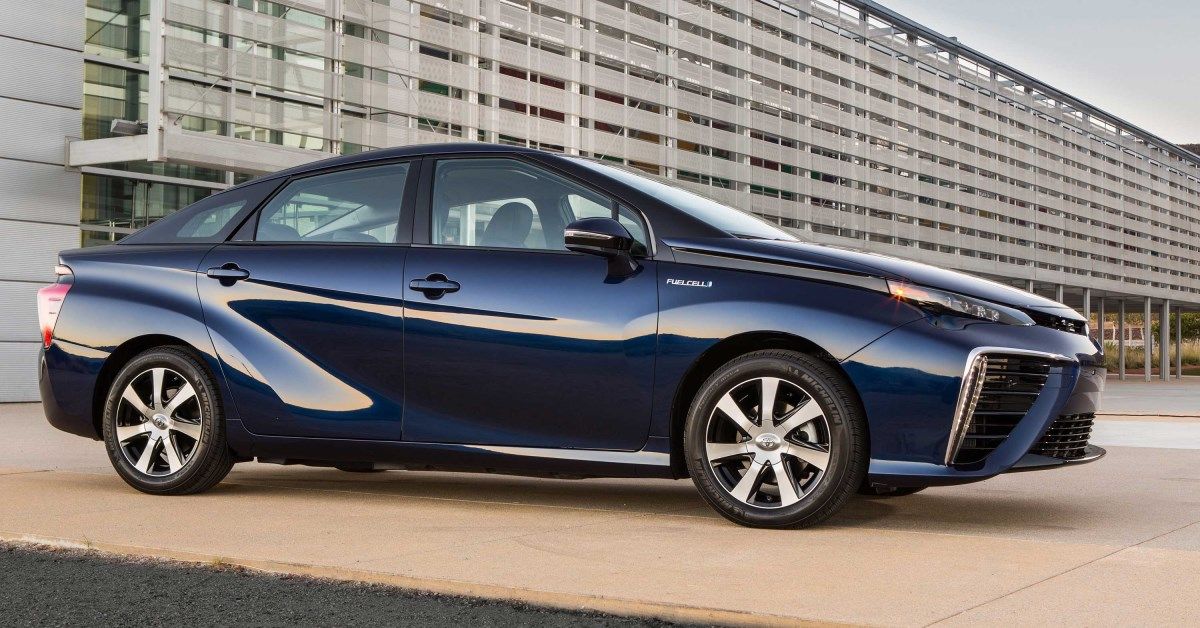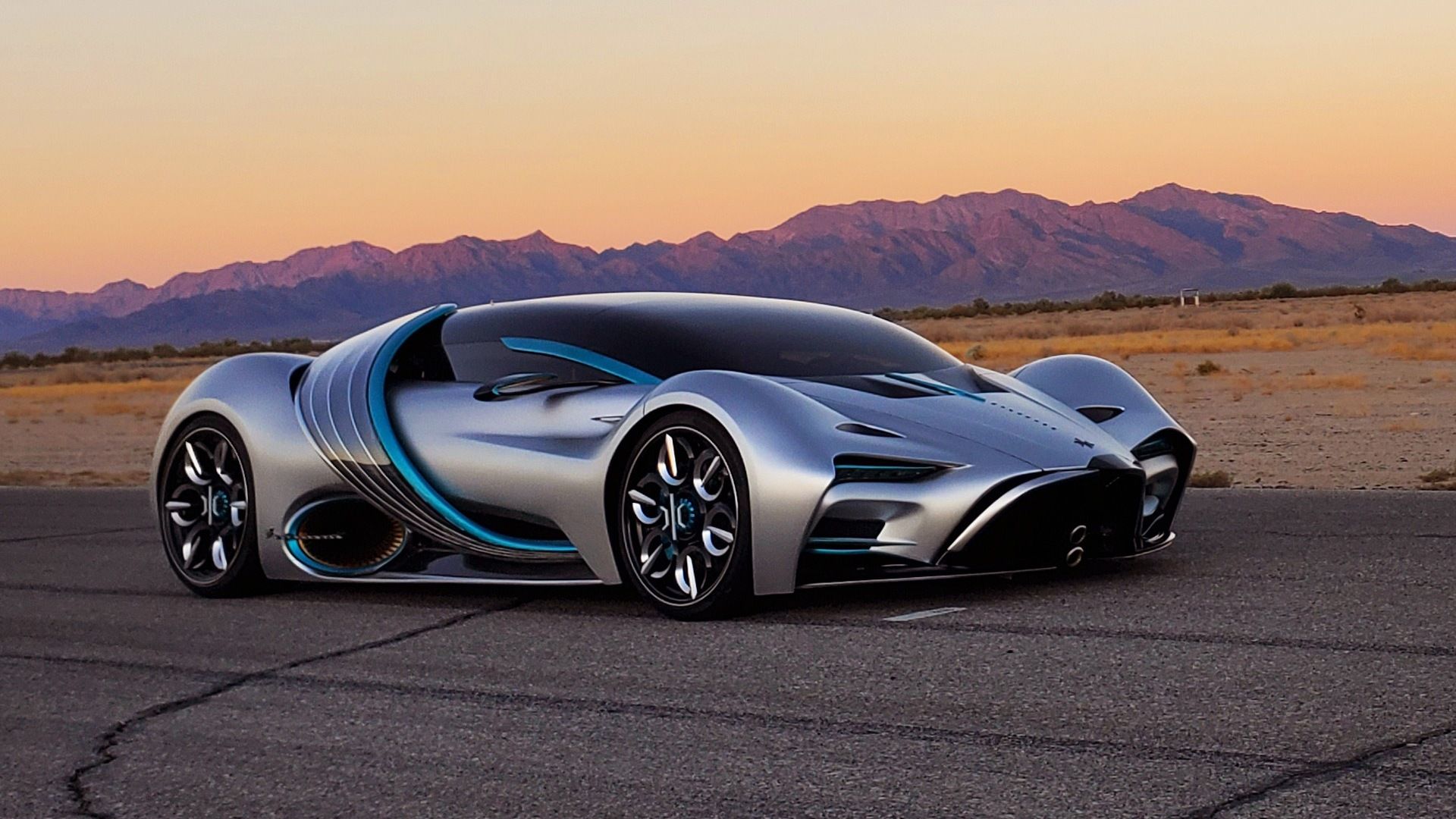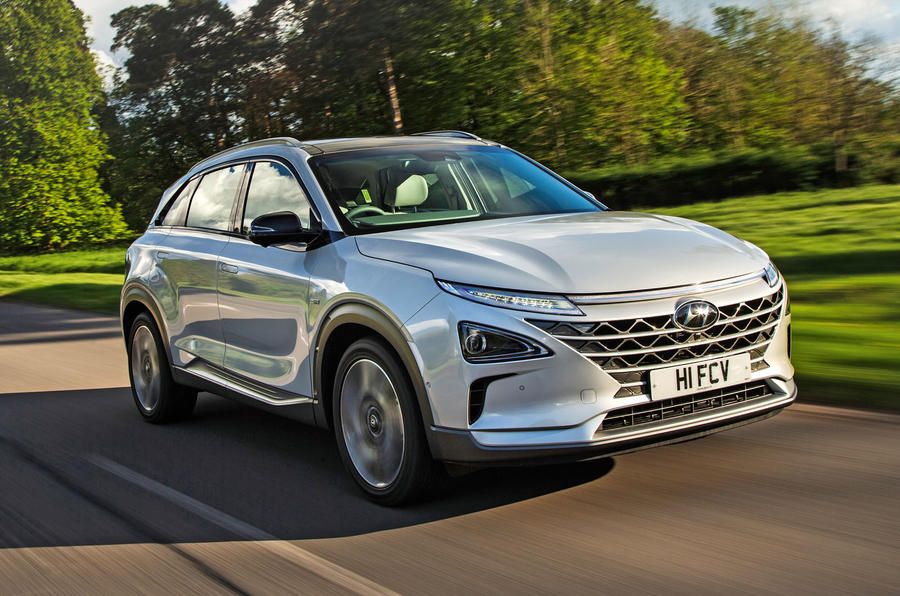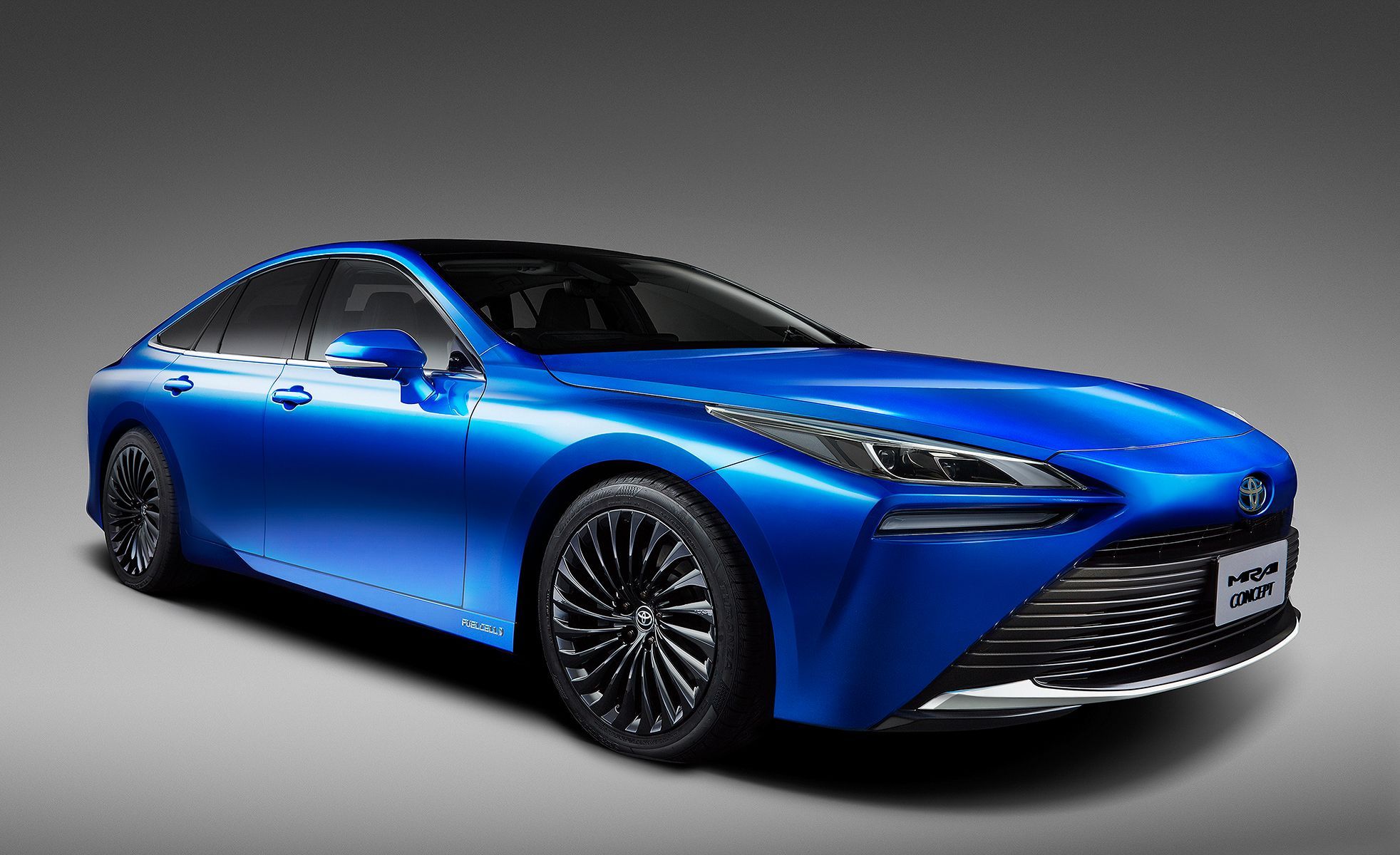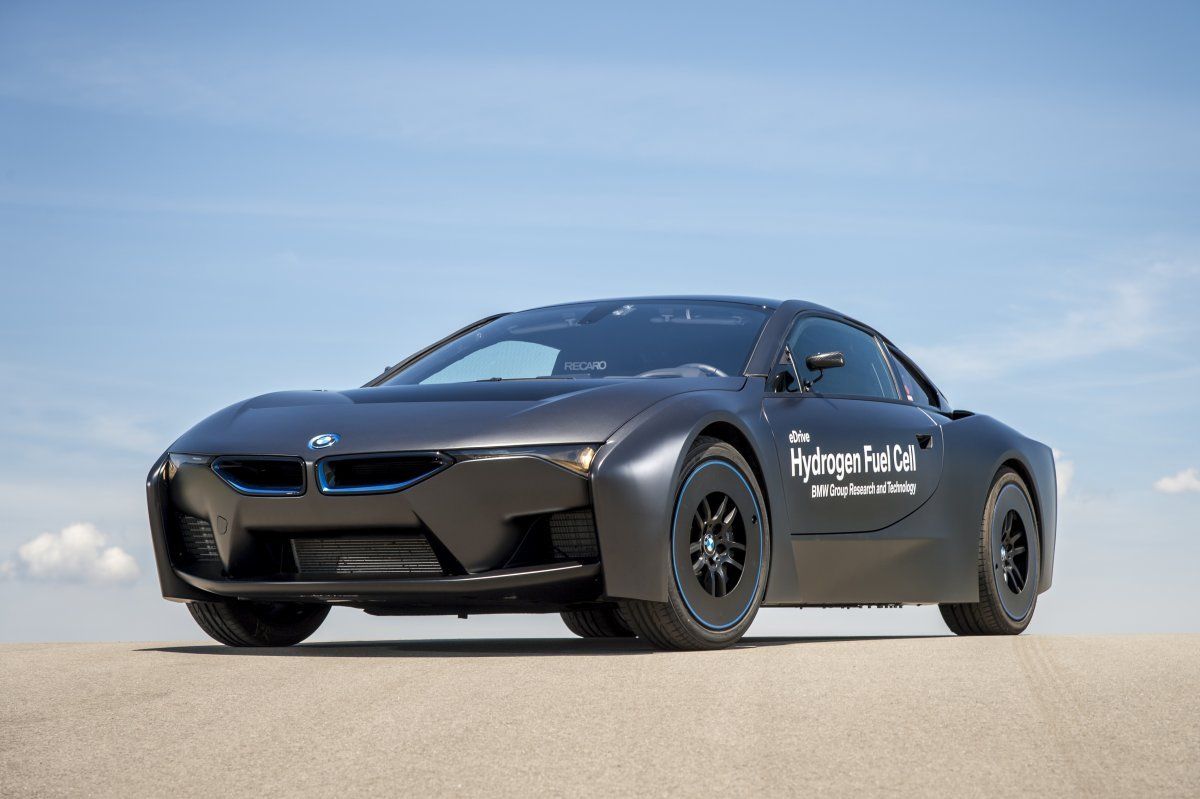The way in which we get around in our cars is certainly changing and changing fast. Internal combustion engines look set to become things of the past, as hybrid and electric power gets ready to take center stage. It isn’t a surprise, of course. The world is very much in a very different place than it was some 20 or 30 years ago, and the desire to be much more eco-friendly and to protect the planet higher than ever. And it looks like electric vehicles might just be the future choice for pretty much everyone in the world.
But is that strictly true? Because there is one form of propulsion that exists, and works, that is seemingly ignored. That of course is hydrogen. Specifically, it is hydrogen fuel cell cars that we are talking about. The technology works very well, and manufacturers such as Toyota are keen on the concept and ready to make it work, and indeed the Mirai has proven that the concept does work and work well. This is despite the market seemingly dominated right now by electric battery cars when it comes to future mobility. But there is a strong argument to say that hydrogen power could potentially be much better than electric power. Here’s why.
A Question Of Power Delivery
First, let's look at how the two types of vehicles use their respective types of ‘fuel’. Electric cars are of course driven by electric motors, pulling that power from rechargeable batteries that can be charged at home and special charging points at gas stations or in parking lots. Hydrogen fuel cell cars though are quite different. The hydrogen is stored in a secure fuel tank in the car, which is then fed into the fuel cell, and then it generates electricity. The hydrogen atoms split in the fuel tank, splitting into protons and electrons. The protons turn into pure water, the exhaust product, and then the protons power the electric motor that the hydrogen car also comes with.
The big advantage here that hydrogen has over electric is how you ‘refuel’. As we said, electric cars must be plugged in. So, just do it from home, right? Well if you do that, you will be waiting probably over 10 hours. So It's either that overnight, or drive to a faster charging point, and there may not be one nearby. Hydrogen fuel cells however are filled up at a gas station using a fuel pump, or hydrogen pump. It really is that easy. Plus, in the future, it is probably going to be a lot cheaper than paying to use a company’s charging services. Right now, hydrogen is admittedly more expensive. IE, you could pay $5 for 43 miles of EV charge, but £15 for about 60 miles of hydrogen. But given the technology is still pretty young, that could well change.
Disposal Of The Old Technology
This is a pretty serious issue when it comes to EVs that no one seems to be talking about. Much like a cell phone, the battery of an EV will lose some charge over time and drain faster. Ie, if your phone when new lasted 24 hours on one charge, two years later it might only last 12-15. It is similar to EV batteries. So you either pay a hefty amount for a new battery (if the company allows), or dispose of the vehicle and get a new car. But how do you dispose of the battery? Where does it go? Those are questions no one seems to be asking, and lithium-ion batteries from cars can burn for days should something go wrong with the disposal.
With hydrogen cars, you are in effect still using a car with a fuel tank. There are no ‘battery degradation' issues, you just go and fill up at a gas station. If the tank is disposed of one day as you change cars, well it's empty so can be disposed of easily. Disposing of the electric motor shouldn’t be too tricky either. In the long run, a hydrogen-powered car could well prove to be the better choice. You just fill up at a gas station, you don’t need to plug it in anywhere and pay a premium for the service, and despite still filling up in a more conventional way, you aren’t producing any emissions at the tailpipe.
What Is Holding Hydrogen Up?
So, let's look at the facts. No tailpipe emissions. Quick and easy to fill up, and cheaper. And potentially better to dispose of, and with a longer ‘shelf life’ than say, a Tesla Model 3. But despite the advantages, hydrogen does still have a few pitfalls right now. The problem with hydrogen is really the fact that a lot of energy is still required to get that hydrogen into the fuel pumps, and fossil fuels are needed in the production of it. Plus, globally, the infrastructure is not quite as widespread as electric charging points, and even those can be hard to find at times. However, long-term goals are where you need to look for hydrogen. It has the potential one day to be cheaper, and even better for the environment. Toyota has shown just how good a hydrogen car can be with the Mirai, as have Hyundai with the Nexo.
Will It Overtake Electric?
That is the big question. The problem is that electric vehicles are already pretty well established globally, even if they aren’t as readily available as perhaps we and car companies would like. Hydrogen is still somewhat in its infancy. But, with company’s such as Toyota, and also Hyundai, seemingly pretty invested in making the technology work and bringing the costs down, it could be that it has car company’s focussing on electricity quite worried in a few years time. Hydrogen supercars and hypercars are also now beginning to be developed. There is every possibility that one day, hydrogen will be better than electric.
Sources: Fortune, Despatch, Toyota, Autocar, Green Car Reports

